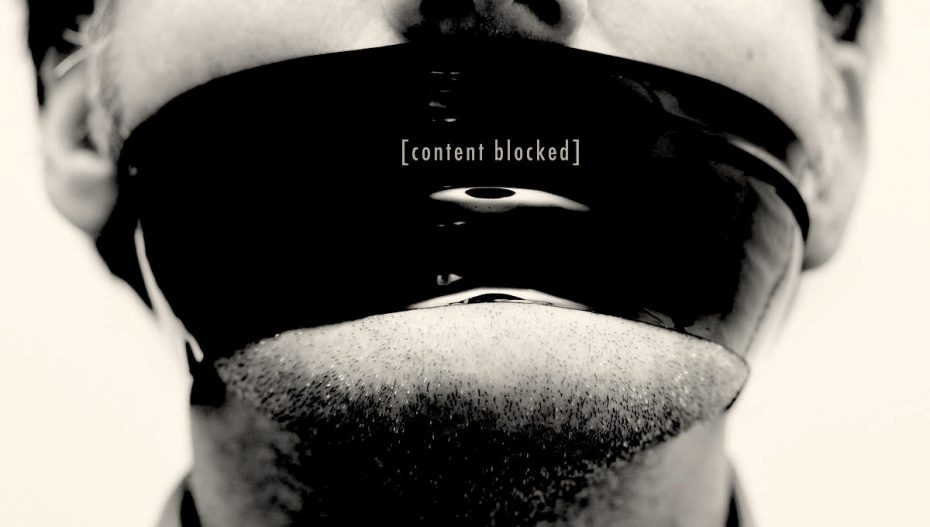Releasing its report, “Sedition: India’s Silencer Gun”, the Rights and Risks Analysis Group (RRAG) stated that as per the National Crime Record Bureau (NCRB) of the Ministry of Home Affairs, the Bharatiya Janata Party (BJP) ruled states have dished out more sedition cases under Section 124A of the Indian Penal Code (IPC) since it started collecting data in 2014. The practical implementation of Kedar Nath Singh judgment of 1962 has basically been put aside only for the judiciary to interpret while sedition charges have been rampantly invoked against opposition political leaders, journalists, activists, student leaders, celebrities, or even labourers who only exercised the right to freedom of speech and expression or advocated the right to assemble peacefully.
As per the NCRB, a total of 326 sedition cases were registered across the country from 2014 to 2019 and 559 persons were arrested. Among the States, the highest number of sedition cases (54) was registered in Assam, followed by Jharkhand (40), Haryana (35), Karnataka (30), Bihar, Jammu & Kashmir and Kerala (25 each), and Uttar Pradesh (17). Further, there has been 98% increase in sedition cases from 2014 (47 cases) to 2019 (98 cases).
“The data collated by the NCRB does not appear to reflect the actual number of sedition cases filed in the country. For example, the NCRB data stated that only 19 sedition cases were filed in Jharkhand during 2017 (1 case) and 2018 (18 cases) while the Jharkhand Police had filed 30 FIRs/cases against about 200 named accused and more than 10,000 unnamed people involved in the Pathalgadi movement of 2017-18.” – stated Mr Suhas Chakma, Director of the RRAG.
As per the NCRB, the rate of conviction for sedition offences from 2015 to 2019 was 8.92% i.e. in five out of 56 cases against the conviction rate for overall cognizable offences under IPC of 48.58% during the same period. This confirms that many of the sedition cases filed are frivolous but the accused had to undergo a gruelling process of trial with an offence that can be punished with up to imprisonment for life.
The absurdity as well as the abuse of the sedition law stand proven from the charges faced by then serving Finance Minister to Government of India Arun Jaitley following an order by a Judicial Magistrate pertaining to an article authored by him on 18 October 2015, critiquing a judgment rendered by a Constitution Bench of the Supreme Court of India and then President of the main opposition party, Indian National Congress i.e. Rahul Gandhi for his comments made over the suicide of Dalit PhD scholar Rohith Vemula in March 2016. Many other parliamentarians and prominent news personalities, authors, well-known celebrities, human rights defenders, labour rights activists or citizens went on to face sedition charges since then.
Apart from Chapter VI, Chapter VII and Chapter VIII of the Indian Penal Code dealing with public disorder and security of the State, since the Kedar Nath Singh judgment in 1962, the government of India has enacted the Unlawful Activities (Prevention) Act of 1967, the Contempt of Court Act of 1971, and the National Security Act of 1980 while a range of state-specific laws such as the Jammu and Kashmir Public Safety Act of 1978 too have been enacted to deal with any attempt to overthrow the government, and threat to sovereignty and territorial integrity of India.
Section 124A of the IPC has put in jeopardy the right to freedom of opinion and expression itself because of the vagueness of the terms like “hatred or contempt, or excites or attempts to excite disaffection towards the government”, and the inability of the State to restrict its application only in cases which “incite people to violence against the Government established by law or create public disorder” as enunciated by the Supreme Court in Kedar Nath Singh judgment.
“Complaints of sedition are mostly filed by private individuals who claim as nationalists or members or affiliates of mostly the ruling parties whether at the Centre or State level, against their real or perceived opponents, whether political or ideological and dissenters in a democracy. The most serious crime against a State i.e. to overthrow the government or threaten its sovereignty and territorial integrity has been reduced to a matter of perception of a person’s own view on nationalism, compliant police, and in some cases, a complicit judicial officer.”- further stated Mr Chakma.
“The vindictiveness of the State, the grudges of the offended nationalists, or motivated actions of political activists, who invoke sedition clause at the drop of a hat to silence the opponents and critics, cannot be regulated. The time has come for India to repeal Section 124A of the IPC relating to sedition.”- also further stated Mr Chakma.













